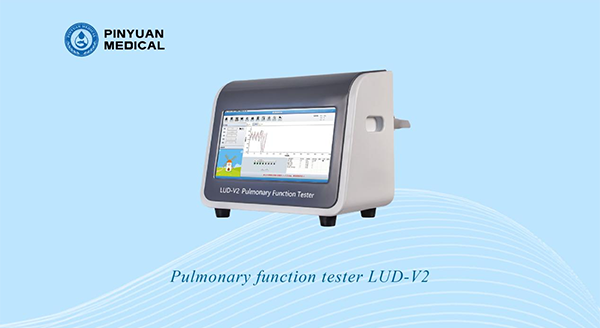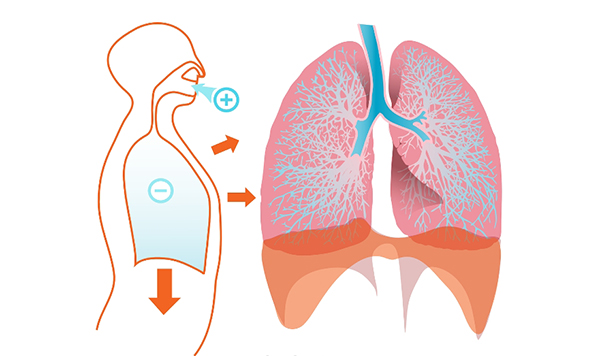What is a pulmonary function test?
Pulmonary function tests can measure the lung function of patients without damage or pain, accurately assess the health of the lungs, and can check lung volume, pulmonary ventilation function, pulmonary gas exchange function, airway resistance, airway reactivity, exercise cardiopulmonary function, etc. All that is needed is for the patient to blow a few breaths into the pulmonary function instrument as instructed to complete the test.
What is the clinical significance of pulmonary function tests?
Pulmonary function tests are an important method for diagnosing chronic airway respiratory diseases. They can be used for the early diagnosis of respiratory system diseases, the identification of the causes of dyspnea, the determination of the severity of the disease, the evaluation of the therapeutic effects of drugs, the risk assessment of thoracic and abdominal surgeries, and the assessment of labor and occupational lung diseases.
Which groups of people need to undergo pulmonary function tests?
Those with symptoms such as chronic cough, expectoration, chest tightness, shortness of breath, wheezing or breathing difficulties;
2. Cough persists for more than 2 to 3 weeks and antibiotic treatment is ineffective;
3. Acute choking cough, hoarseness and breathing difficulties;
4. Those who are in long-term contact with or exposed to harmful gases, dust, harmful chemicals, etc.
5. People with a family history of allergic rhinitis, allergic asthma, chronic obstructive pulmonary disease, etc.
6. Abnormalities in chest X-rays or CT scans – to determine the degree of lung function impairment;
7. Risk assessment of anesthesia and surgical operations, as well as prediction of postoperative recovery.
Post time: Jun-25-2025


